The UK Ministry of Defence (MOD) has disclosed new details regarding the cost and scope of its fast jet training over the last five years, revealing a total domestic expenditure of £500.4 million and significant training collaborations with the United States and Italy.
The information, shared by Defence Minister Luke Pollard, comes in response to parliamentary questions posed by David Reed, Conservative MP for Exmouth and Exeter East, on 10 February 2025.
Pollard confirmed that the UK Military Flying Training System (UKMFTS) incurred around £500.4 million in costs for fast jet training within the UK over the past five years. The expenditure includes a range of fixed and variable costs, such as fuel, instructor and trainee salaries, infrastructure maintenance, and runway refurbishment.
However, cost details for overseas training were withheld due to commercial confidentiality, as such arrangements are negotiated through government-to-government Memorandums of Understanding (MoUs) and Technical Arrangements.
As Pollard explained, “It is not appropriate to disclose specific cost detail.” Additionally, the MOD could not provide the proportion of the total training budget represented by these expenses, citing the lack of a consolidated reporting format.
In response to a query about the number of personnel trained on fast jets both in the UK and abroad, Pollard revealed that 82 UK personnel were trained domestically, while 22 received training overseas. The overseas training programmes took place in the United States and Italy, key partners in defence aviation cooperation.
The yearly breakdown of fast jet pilot training is as follows:
| Financial Year | UK Trained | Overseas Trained |
|---|---|---|
| 2020-21 | 24 | 0 |
| 2021-22 | 28 | 0 |
| 2022-23 | 5 | 7 |
| 2023-24 | 7 | 8 |
| 2024-25 | 18 | 7 |
| Total | 82 | 22 |
Pollard highlighted the importance of overseas partnerships in ensuring that UK pilots benefit from diverse and advanced training environments, especially in countries with established military aviation capabilities.
At the UK Defence Journal, we aim to deliver accurate and timely news on defence matters. We rely on the support of readers like you to maintain our independence and high-quality journalism. Please consider making a one-off donation to help us continue our work. Click here to donate. Thank you for your support!


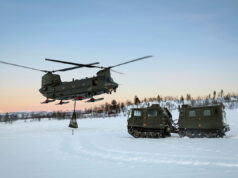


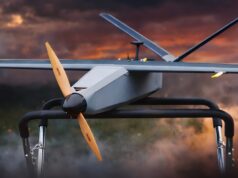
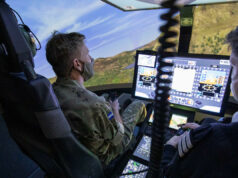
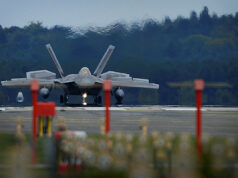
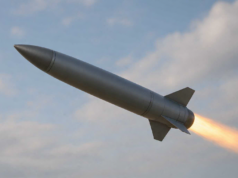


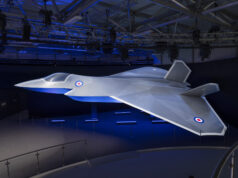

So £6m/head it more.
At those kind of costs a commercial decision of paying active RAF fast jet pilots commercial levels of pay is a no brainer.
Particularly as it is essential that fast jet numbers rise as more F35B come on stream.
That seems kinda cheap, I wonder how it compares to other nations. Are we cost cutting by under training (see Russia for extreme of what that results in) or just getting good value. Cross nation training is good as it restricts the group think risk on tactics.
£6m per head per year. That assumes that the training is one year….which it often isn’t.
A very beautiful, Dutch, frigate in the background of the lead photo!
Isn’t the headline photo the RN Hawks they used to have at Culdrose, retired a couple of years ago.
Not used for pilot training, they were flown by experienced retired fast jet pilots as aggressors for air defence training for the fleet.
It is a shame the RAF never got 11 of the 2017 Hawk offered to India. These had a new cockpit more in keeping with F-35 & a modified wing .
Sadly our training of pilots has been reduced beyond the minimum requirement
HAWK T2 isn’t good enough and maintenance costs andnlack of airframe makes us use other countries flying training.
We should buy the south Korean TA50 and FA50.
These aircraft would also replace the red arrows.
Could be built under license and help our own aircraft industry.
16 FA50’s
32 TA50’s
12 TA50’s for Red arrows.
Reason for the single seater so that tactical weapons training can also be done after last jet training.
Revamp RAF Brawdy with 8 single and 16 2 seater. + Red arrows.
Other 8 and 16 based at Valley.